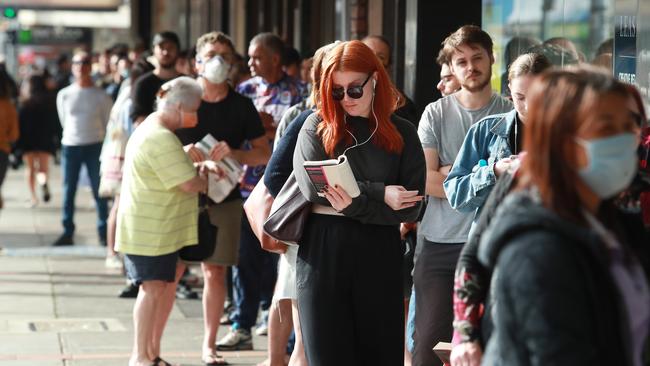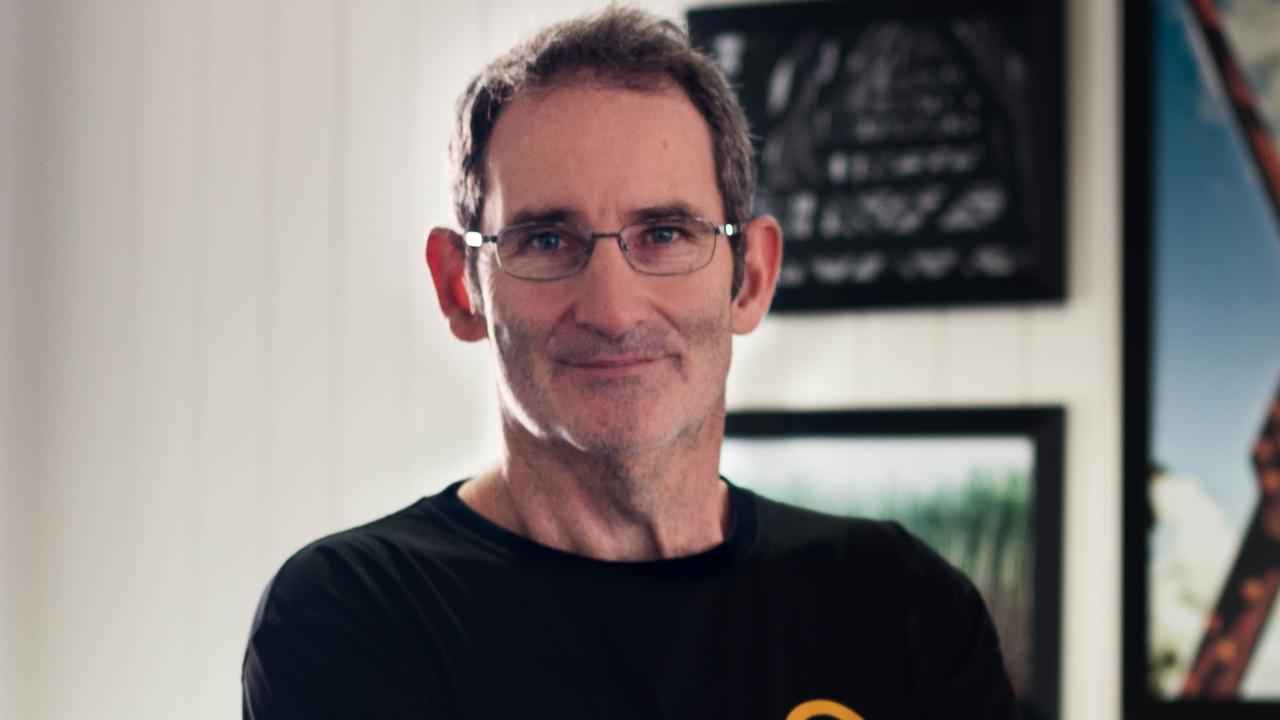Let’s not destroy the economy in virus fight
The more people we can keep in jobs and the more businesses we can prevent collapsing, the better it will be for the economy.

Can we at least just cut out the mindless stupidity.
That’s, most obviously, cut it out on the core virus fight front.
But, just as importantly, cut it out in dealing with and alleviating the economic and financial consequences of this unique — and for once, that word is not only appropriate but utterly necessary — move by governments to quite deliberately destroy businesses, send hundreds of thousands into unemployment and the economy into its worst recession since the Great Depression of the 1930s.
Obviously, I write that not as a condemnation; simply as statement of the brutal reality of the decision to lock down the economy as the primary — and for the immediate future — only means of fighting the virus.
Now yes, these are fraught, rapidly changing times which pose difficult and more pointedly utterly unique decisions to governments and their enforcement agencies, while demanding immediate and preferably yesterday responses.
But that is even more reason to avoid the obvious stupidities; avoid them, get them right, and you can then concentrate on the actual difficult decisions of which there is no shortage.
The most egregious stupidity — I have to unfortunately add, “so far”, and also most definitely, not the only one — was of course the Ruby Princess and the casual disbursement of its 2700 passengers, including some hundreds virus-infected, across Australia and indeed into the world. This was done without even the most cursory health checks — like temperature scans, which you might have noticed have been going on in other places for, oh, maybe the last eight weeks or so.
The “explanation”, such as we’ve heard for the abysmal failure, was that “national guidelines” allowed passengers to disembark if the route was considered “low risk”; and Ruby Princess had that status as it only went to New Zealand.
Such “national guidelines” must have been conceived by bureaucrats — and signed off by politicians? — who think modern cruise ships are crewless, or crewed by people who miraculously can’t get the virus.
Yes, the passengers might all have got on in Sydney, but they got on a ship crewed by 1100 people who had come from where exactly, and trending younger would be more likely to be symptom-less if they had the virus?
More broadly, did it occur to anyone, from the Prime Minister through the Premier down, that 3800 people on a cruise ship sort of exceeds the 100-people limit for public gatherings?
They mightn’t all be in one room at the same time, but in two weeks on a cruise ship they might just as well have been. Indeed, that 3800 would probably have been more people in a smaller space than the PM would have encountered if he had gone to the footy — when was it, you are kidding? — only two weeks ago.
Let me proffer two more examples. Troy Bramston detailed, even as recently as last Saturday, people poured through Sydney airport, again without even the most cursory checks or any form of social distancing; nor for that matter were airport staff ubiquitously protected.
Did I write only last Saturday? Videos showed it was still happening through the week.
Then came the Centrelink queues. You could see this coming for weeks; after all, it was the deliberate aim of government to cause them.
Was any attempt made to aggressively prepare to do it all online? Or as my wife spontaneously offered, watching the news?
Why hadn’t each Centrelink set up, say, 10 or 20 tables on the footpath or closed off road, 10 metres, say apart, with laptop and staff member safely cocooned behind mask and shield.
Name, email address/phone, last job. Thank you. No contact, no touching, no crowding.
Gee, I guess all this is verging on rocket science. Not. It speaks to a broader failure across both the virus fight and even more the economic fight against the consequences of the mandated lockdown.
The core need in both spaces is the same.
The government seems to — mostly, if grudgingly — understand that the more we can limit the number of cases, the better. It seems less able to understand the need to also limit the progress of cases. We need fewer people getting the virus; we also need fewer people getting seriously sick.
Exactly the same applies to the economy. The more people we can keep in jobs and the more businesses we can prevent collapsing, the better it will be for the economy, to say nothing of 25 million individual Australians; and indeed for the fight against the virus itself.
The Treasurer’s $66bn package completely failed that test. It was geared to putting more money into the pockets of people after they lost their job — rather than as New Zealand did, put the money into the business — from the smallest to the biggest, if hit by the lockdown — to keep people in jobs.
NZ went initially down the same Josh Frydenberg path, with a totally inadequate, frankly quite pathetic, subsidy for businesses. But within a week it pivoted to the more creative “keep people in jobs and businesses alive” package.
I would add a moral dimension. The government — with the best of intentions and arguably unavoidably — has quite deliberately set out to destroy businesses, jobs and indeed lives. Surely it should be trying to minimise that destruction, rather than try to financially patch up the victims.
This of course feeds into the broader, really difficult, question — argued by both our Henry Ergas and US President Donald Trump — of the timing and extent of that destruction.
The core failure, I have to say, the core stupidity, is the inability to understand and then both embrace and facilitate the concept and necessity of sharing the cost. In the case of jobs, a sharing between worker, employer and the only entity that can print money: government.
In the case of rents, a sharing between landlord, tenant and, again, government.
These should be easy. It is disturbing that as we enter the third clear month of the virus we are still doing stupid.



